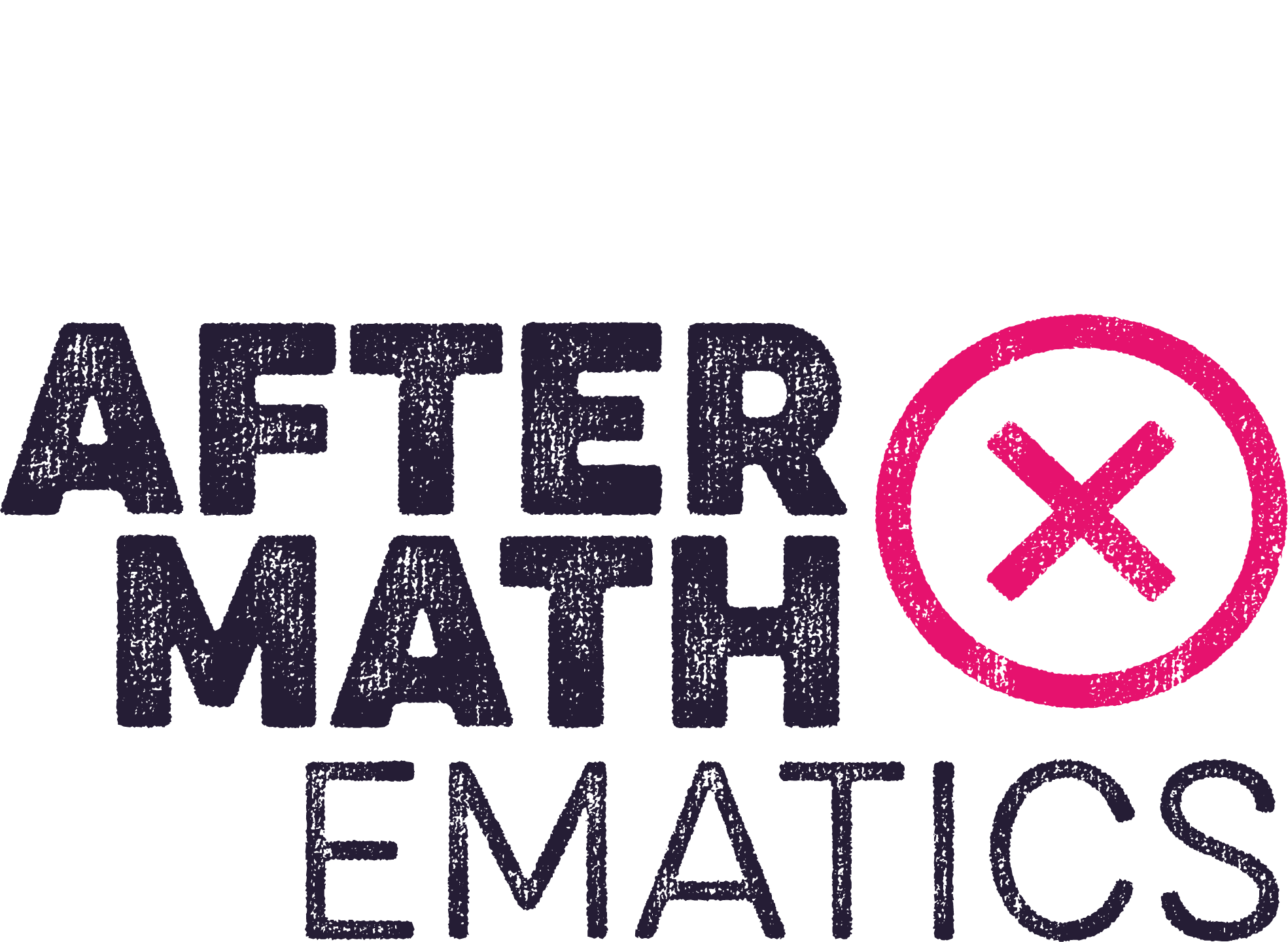Y is for Yearning

“At any point in the history-making process, an individual is caught up in two places, experiencing the dissatisfactions and disappointments of what they know and habitually desire and the satisfactions and surprises of what is new, but hard to fully recognize and want.”
After almost two years of pandemic (along with deaths, lockdown, and social dislocation) it’s no surprise that we hanker for a return to our pre-COVID lives.
It’s easy to forget that “normality” was rarely normal. Just as it’s easy to forget that “normality” was never free of stress, risk, suffering and violence. But after many long, gloomy months, there’s a simple yearning for all our yesterdays.
Yearning is never “simple”. It’s contradictory, paradoxical, two-faced.
When our yearning looks backwards, it’s bound up with feelings of grief and loss. We want the one we can’t have (and it’s driving us mad).
Yearning like this is part of a wider response to the alienation and emptiness of modern life. Every day we wake up on the wrong side of capitalism… and we wish we were somewhere else.
Despite its anti-capitalist premise, this melancholic yearning is easily absorbed by a reactionary nostalgia industry: Brexit. Make America Great Again. The Good Old Days.
It’s the same when we long for the comforting routine of business-as-usual. Back to “life”. Back to “reality”.
This sort of backwards yearning dodges the real question. Why do we fight for our servitude as if it were our salvation? Why do we actively embrace our own domination? Why do we willingly do things that make us feel shit?
The answer is to be found in the way we have internalised capitalist discipline. More than ever, we see things through the eyes of our bosses.
We unwittingly accept the rule of the market, the need for growth, the tick-tock of our work schedules. We believe in capitalism… or rather, we act as if we believe in capitalism.
This linear/fucked-up way of seeing the world is driven by the global work-machine. When COVID brought that to a juddering halt, we saw the emergence of another kind of yearning.
Plane-free skies and traffic-free streets, co-operative projects with strangers, an altered conception of time… all these gave a glimpse of a very different future.
In those moments it became clear that almost everyone on the planet values human life, community and sociality higher than work, money and the incessant piling-up of profit.
This is a different sort of yearning, a more forward-looking heartache. It’s driven by hunger rather than grief. And, like love, this yearning is far more than a feeling. It’s an ability, an extension of our power-to.
Once again COVID has exposed the limits of rampant individualism… and the incredible strength of human solidarity.
Our yearning for a more collective form of life lays the foundation for a different form of social organisation… one where our happiness, freedom and autonomy depend on the happiness, freedom and autonomy of others.
REFERENCES AND INSPIRATION
The opening quote comes from J.K. Gibson-Graham’s A Postcapitalist Politics. The Smiths sang about wanting the one you can’t have (and lead singer Morrissey personifies the toxic effects of a regressive melancholy). Backwards-looking yearning isn’t always inflected rightwards: as 20th century utopianism flickered and died, a left-wing melancholy emerged, perhaps as the flipside to non-stop activism. The question about fighting for our servitude comes from Spinoza, via Deleuze & Guattari’s Anti-Oedipus (although this blogpost is a far more accessible jumping-off point).
